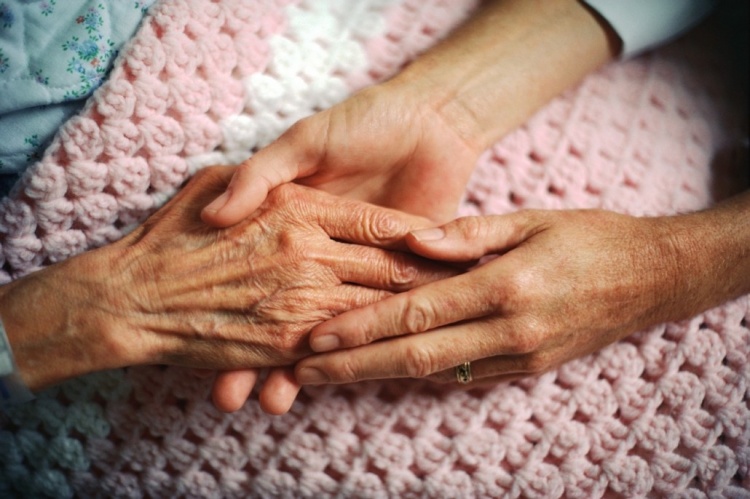Failure to achieve important goals induces stress.
Although some of these important goals (such as the need for control, competence and relationships) are universal, there are substantial variations between societies in the way goals are expressed. People’s goals are determined to a large extent by the society in which they live.
If, within a particular society, high value is placed on things that most people achieve, then most people will experience few stressors. However, if high value is placed on things that few achieve, then many people will experience...
» Read More










